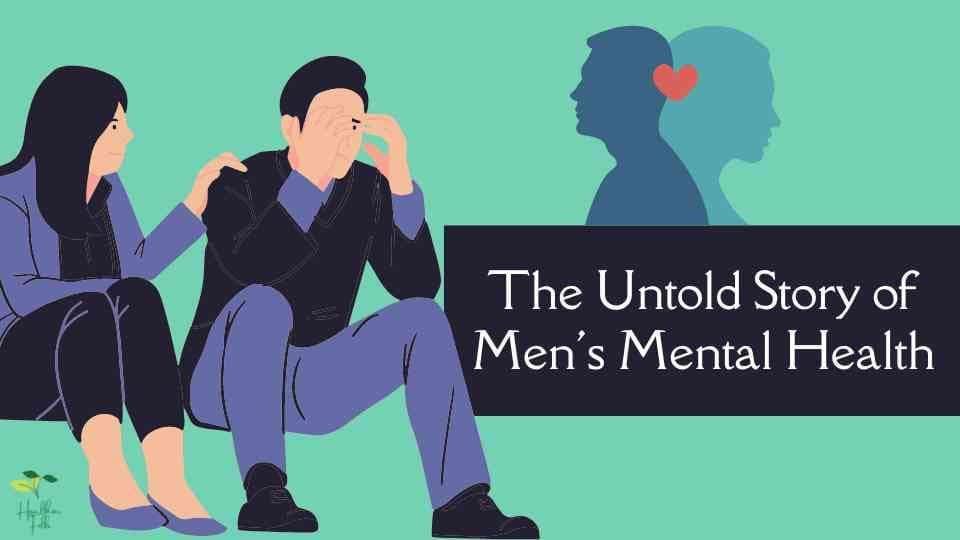Breaking the Silence: Exploring the Untold Story of Men's Mental Health

Understanding the Silence
In today's world, conversations about mental health have become more common. However, one group often left out of these discussions is men. The silence around men's mental health is not only loud but also complicated. Factors like cultural expectations, societal pressures, and stigma contribute to why many men choose to endure their struggles quietly instead of seeking help.
Research shows that three out of four suicides in the UK are committed by men. This staggering statistic highlights the urgent need for open conversations about mental health within this demographic. This post will highlight the barriers preventing men from discussing mental health and why breaking this silence is essential for everyone.
The Impact of Societal Norms
From early childhood, boys are often taught to hide their emotions and to display traits like strength and toughness. Phrases such as “man up” or “boys don’t cry” create a mindset where vulnerability feels unacceptable. According to a survey by the American Psychological Association, 80% of men believe that expressing emotions makes them appear weak.
This conditioning can lead to long-term emotional consequences. For instance, men may experience higher rates of anxiety and depression without treatment. Recognizing how these societal pressures influence men's willingness to seek help is crucial.
Stigma Surrounding Help-Seeking Behavior
The stigma around mental health, especially among men, adds another layer of complexity. Historically, admitting to mental health issues has been associated with weakness or failure. Studies show that men are half as likely to seek mental health support compared to women.
While various campaigns have started to change perceptions, the journey is far from over. Initiatives like "Men's Health Month" and "Movember" work to highlight these issues, but dismantling stigma remains a pressing need. It is vital to create an environment where men can prioritize their mental health without fear.
The Role of Media and Representation
Media plays a significant role in shaping views of masculinity. Often, portrayals depict men as aggressive or emotionally distant, limiting the discussion around mental health. For example, action movies often feature stoic male heroes who do not exhibit emotions, sending the message that vulnerability is unacceptable.
By changing these narratives, we can foster awareness and understanding. Positive media stories about men who share their struggles can illuminate paths to healing. For instance, celebrities like Dwayne "The Rock" Johnson openly discuss their mental health battles, showing millions that it's okay to seek help.
Creating Safe Spaces for Conversations
Creating safe spaces for dialogue about mental health can significantly help break the silence. These spaces can be formal, such as support groups or community programs, or informal, like gatherings among friends. Encouraging men to share their feelings in a non-judgmental and supportive environment normalizes these discussions.
Research reveals that men who participate in peer support groups are 34% more likely to seek professional help. This shows the importance of community in transforming attitudes about mental health. Supportive environments can help men realize they are not alone in their struggles.
A Call to Action
Breaking the silence around men's mental health is crucial for promoting overall well-being. By addressing societal norms, combating stigma, changing media representations, and creating open conversations, we can build a culture where men feel safe discussing their mental health challenges.
It's essential to recognize that mental health is just as significant for men as for anyone else. By offering support and understanding, we can rewrite the narrative around men's mental health and foster an atmosphere of openness and compassion. Together, we can pave the way for a healthier future for everyone.
